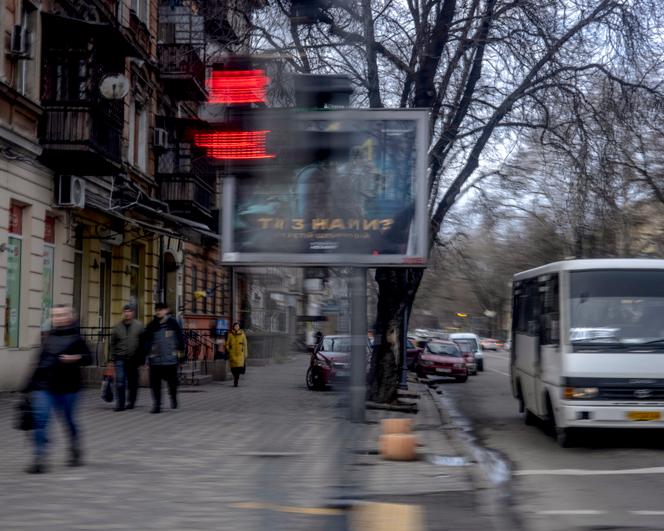


On Thursday, April 11, it was clear that parliament would pass a bill with a majority to expedite the mobilization of new soldiers in the army. After months of debate and deadlock, the legislation was hastily approved by 283 MPs, well above the 226 required, amid Ukraine's frontline challenges and the urgent need to bolster its defenses. The presence of Commander-in-Chief of the Armed Forces Oleksandr Syrsky, Defense Minister Rustem Umerov and several Ukrainian brigade commanders at the Verkhovna Rada during the session underscored the vote's significance.
This new law consists of several measures that streamline the recruitment process for authorities and impose sanctions against objectors. Ukrainian citizens between the ages of 18 and 60 are now required to update their identification information with the authorities. Those abroad who have not updated their military documents will be ineligible for consular services and unable to receive passports. Furthermore, fines for draft dodgers will be increased and they may also have their driver's licenses revoked.
On April 2, the Ukrainian president had already signed three laws lowering the draft age from 27 to 25, creating an electronic register of conscripts and forcing men previously considered "partially fit" to reappear before a medical board.
Of the more than 4,000 amendments made to the controversial text in recent months, only a few dozen have been retained by the parliamentary committee responsible for national security and defense. On the evening of April 9, the body responsible for studying the bill announced that it had finalized the document, which had been extensively modified since its first reading in February.
However, the adoption of the text was overshadowed by the anger of a section of the population after the last-minute announcement of the withdrawal of one of the main clauses. This measure, which would have allowed soldiers to apply for demobilization after 36 months of service, had been at the heart of debates for several months. Iryna Friz, an MP and member of the National Security and Defense Council, also stated that several financial "incentives" had been withdrawn.
The commander-in-chief of the armed forces, Syrsky, decided to abolish the clause awaited by many soldiers, exhausted after two years on the front. "We can't make hasty decisions," defense ministry spokesperson Dmytro Lazutkin justified on national television on Wednesday, citing Russian advances along the frontline. "We must understand that the escalation of Russian aggression continues." A new draft law on rotations and demobilization is expected to be drafted within the next eight months.
You have 48.12% of this article left to read. The rest is for subscribers only.
